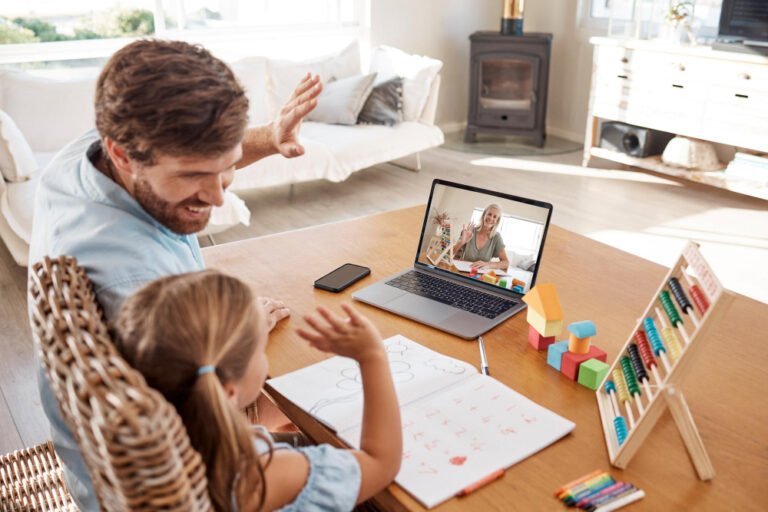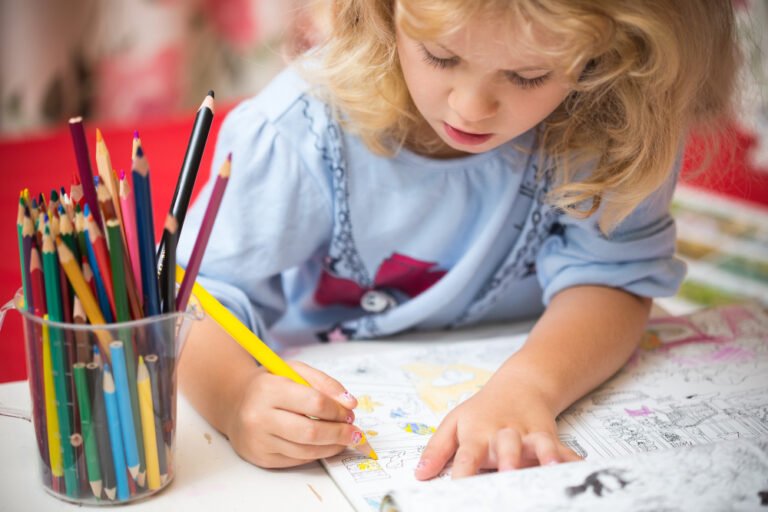Social media feels like a world made for teens and adults — until you realize that children are already watching, learning, and engaging with it every day.
That’s why understanding social media safety for kids is essential from the start. The goal isn’t just to block danger, but to teach digital habits that protect, empower, and last.
Even if you don’t feel tech-savvy, you can guide your child with clarity, boundaries, and trust.
📘 Looking for an empowering resource? Growing Up Social by Gary Chapman offers a thoughtful guide to raising kids in a screen-driven world.
Let’s explore what parents need to know — and how to build a family culture where technology works for you, not against you.
The Most Popular Social Media Platforms for Kids and Teens
- YouTube — The most used by kids for videos and shorts
- TikTok — Short-form videos, trends, and viral challenges
- Instagram — Stories, reels, messaging, and influencers
- Snapchat — Disappearing messages and filters
- Discord — Chat groups, voice channels (especially for gamers)
- Roblox & Minecraft chats — Social platforms hidden inside games
- Messenger Kids & WhatsApp — Messaging apps for younger users
- BeReal & new apps — Spontaneous photo-sharing platforms trending among teens
What Parents Need to Understand
- These platforms are designed to be addictive — maximizing screen time and emotional engagement.
- Algorithms can expose kids to inappropriate content even if they don’t search for it.
- Common risks include:
- Cyberbullying
- Grooming (online predators)
- Inappropriate challenges
- Exposure to violence, pornography, or harmful behaviors
Silence online is not safety. Supervision and conversations are protection.
👉 Want to help your child build healthy habits beyond screens? Check our guide on how to teach kids about money — because digital safety and financial responsibility often start with the same skills: patience, boundaries, and trust.
How to Keep Kids Safe — Without Fear or Overcontrol
✅ Open Conversations First
Explain why certain limits exist, not just what the rules are.
✅ Learn the Apps Together
Ask your child to show you how it works. This builds trust and teaches you at the same time.
✅ Privacy Settings Matter
- Make accounts private
- Disable location sharing
- Control who can message or follow them
✅ Use Parental Tools Wisely
- Google Family Link
- Apple Screen Time
- Bark, Qustodio, Net Nanny for monitoring and content filtering
✅ Teach These Non-Negotiables
- Never share personal information (school, address, phone)
- Only accept friend requests from real-life friends
- Come to a parent if anything feels confusing, scary, or uncomfortable
The Emotional Side of Online Safety
Kids don’t just need filters on devices — they need emotional filters:
- Teach them to question: “Why does this person want me to click this?”
- Reinforce self-worth beyond likes and follows
- Validate their experiences online, both positive and negative
More connection at home = less risk online.
Recommended Tools and Resources for Safer Screens
- 🔒 Bark Phone — A kid-safe smartphone with built-in parental controls
- 📘 Growing Up Social — A book to help parents set boundaries without battles
- 🎲 Brain Games for Kids — Fun offline activities to reduce screen dependency
Connection Is the Best Filter
Teaching social media safety for kids isn’t just about blocking apps or spying on screens. It’s about building trust, emotional resilience, and open conversations.
When families lead with curiosity, guidance, and presence — not fear — children learn to navigate digital spaces with confidence.
And that’s a skill that lasts longer than any algorithm.
Try making today a small reset: ask your child to teach you something about the apps they use — and use that as a bridge to set healthy boundaries together.







2 Responses